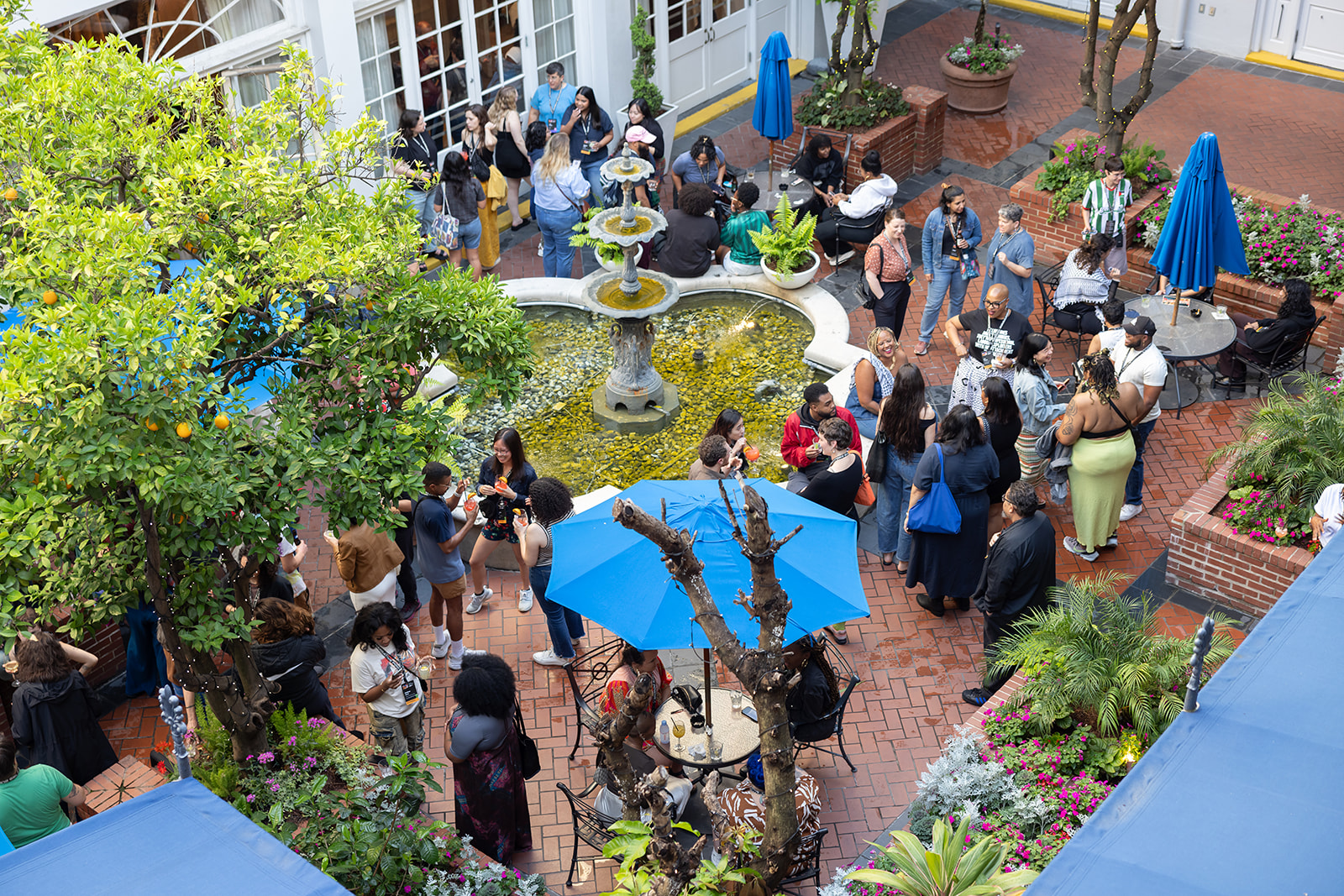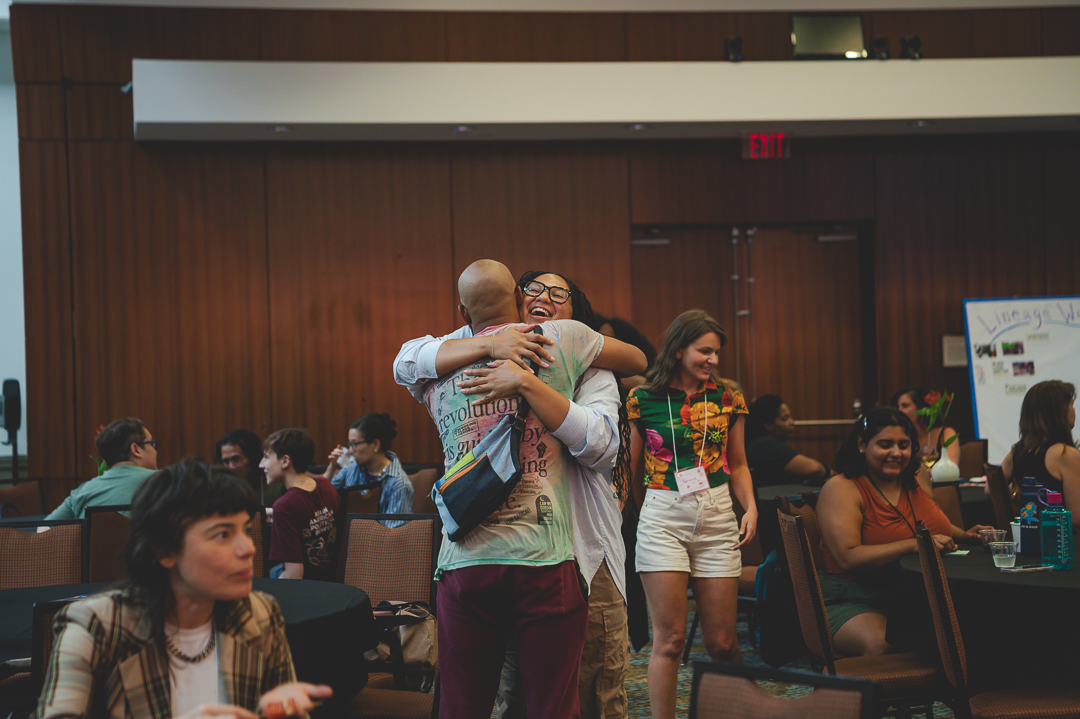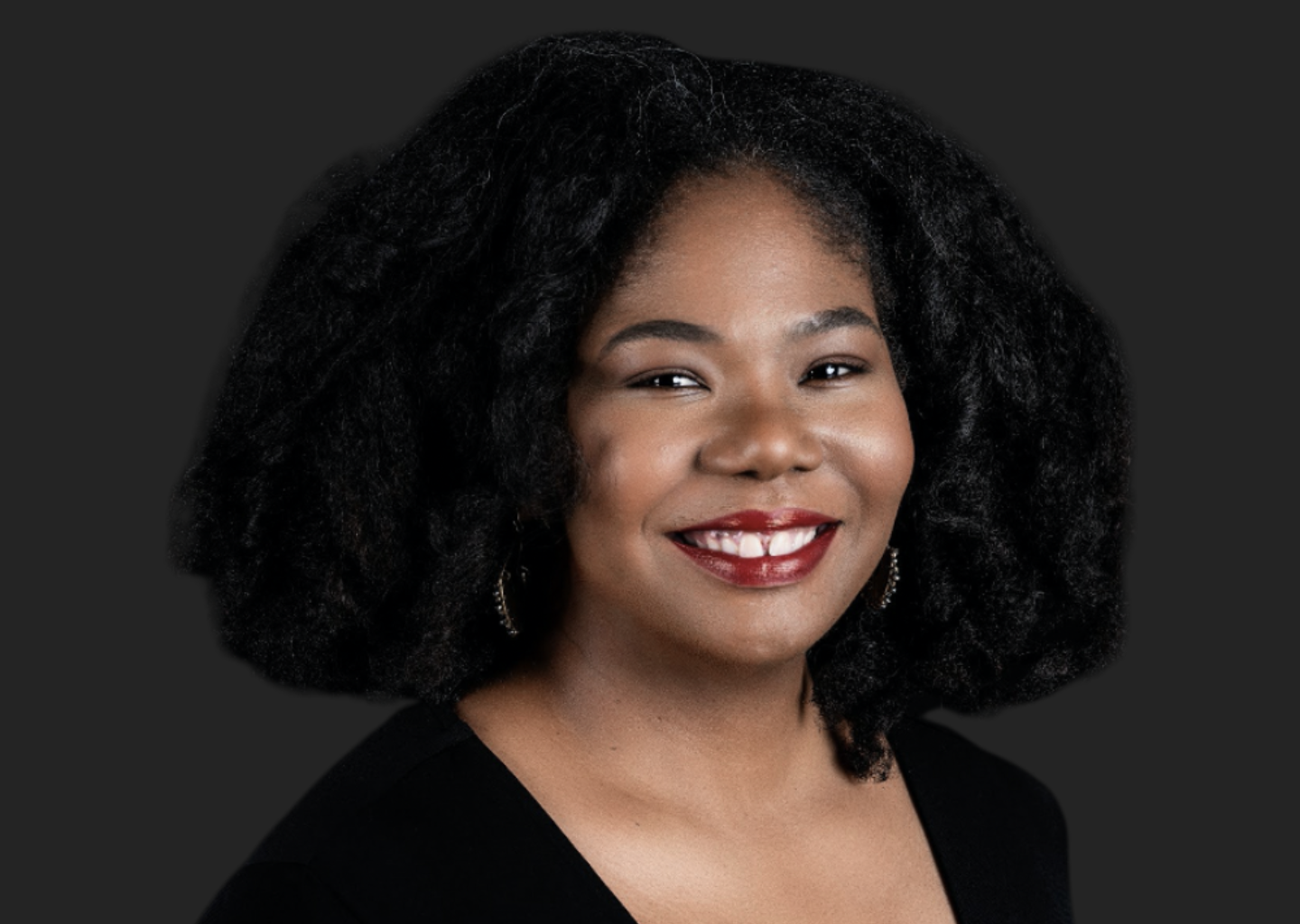Movie cover credit: Marvel
First things first, if you have NOT yet seen Black Panther, stop reading right now and go watch it. Yes, RIGHT NOW. Then come back later and read this.
OK second things second. A little bit about me: I am a Black Muslim woman that was born in Somalia and raised in Ethiopia, I immigrated to the United States when I was 11 years old. I am also a community organizer, actor and writer living in Seattle. This movie celebrates my identities and validates my dreams.
Now about the movie! This is going to sound cliché but Black Panther might be the best movie of all time (“might” just because Black Panther 2 might be even better). From the music to writing to the acting and directing and costume design, it was intentional and brilliant. There are a lot of important themes in this movie but there were three that stuck with me: the anti-colonialist, anti-white supremacist and pro-Blackness-of-all-kinds beauty of Wakanda, the importance of representation, and African vs. African-American discussions about belonging and home.
The fight scene between Killmonger and T’Challa by the waterfalls represented a discussion between Africans and African Americans. This is a much-needed dialogue between Black people (so everyone else can keep think pieces to themselves) that can help us bridge the gap created by slavery, colonialism and this white supremacist society.
There were no good guys or bad guys in this movie for me, I identified with both Killmonger and T’Challa. I understood (to a degree, of course) Killmonger’s need to belong somewhere, to find where “home” is. A part of his identity had been stolen from him and he spent his whole life looking for it. There is a moment in the movie when T’Challa says “I am not the king of the world, I am the king of Wakanda” where he is staking a claim of what is his and at the same time denying Killmonger a place to belong. We do that in real life when African immigrants tell African Americans that they can’t claim to be from certain countries or wear “African” clothes as if we have any right to deny another Black person their connection to the motherland.
I cried in the end when Killmonger was dying (p.s did he have to die?) and seeing the Wakandan sunset for the first time because he never got to live in a world that revered Blackness. I saw bits of myself in every character, I felt like I could bring my whole self to this movie. That’s the beauty of representation.
I love movies and tv shows, I grew up watching tv to learn and perfect my English, to learn accents and I love watching stories. I’ve spent my life watching white people be astronauts, magicians, doctors, and superheroes and be free and imagine whatever they wanted. And I longed for someone who looks like me to be in those shows and not die in the first 5 minutes or be stuck in the ghetto or in jail.
This movie is everything I’ve wanted to see in a movie as a young person watching and looking for validation of my experience. We always say “representation is so important” then nothing happens. But this movie took blackness and reflected gold back to us, it showed us beauty, sadness and joy, and most of all humanity.
This movie is filled with many different types of Black women shattering social norms of light-skinned and long-haired beauty. Black women were warriors, spys, scientists and royalty. In a movie that had an almost all-Black cast, the diversity was stunning, it showed that Black people are not a monolith.
As an actor watching this movie I felt like I can do this, I can tell stories about my people that aren’t about slavery or terrorism, that the stories locked in my head are worthy of being on screen. In the end, I am at a loss for words to describe everything I feel about this movie.
How about I leave it at this: Representation matters and Blackness is beauty. Also, who else wants to pack up and move to Wakanda? Because after seeing Wakanda, I never wanted to leave it. From the water falls to the high tech flying ships, everything was colorful and beautiful. Wakanda was both African and futuristic, scientifically advanced but with young children running about kicking soccer balls.
Lupita Nyong’o said in an interview that Wakanda is “what could we have been had we not been assaulted by colonialism.” Reimagining history and celebrating what is and has always been in Africa, beauty and pride, Wakanda challenges the old notion that Africa is a barren wasteland, and everyone is starving and the countries in Africa need whiteness to survive. I felt a deep sense of pride and joy to finally see my view of African countries be shown on screen.
There have been some harsh critiques of the movie and while I don’t completely disagree, these critiques don’t take away from what was so important to me about the film.
Wakanda Forever!
By Hodan Hassan







































.jpeg)


.png)

%20(1).png)




























